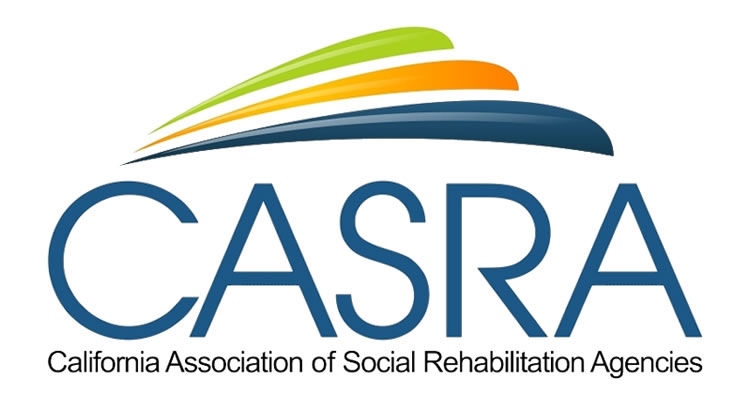Advocacy
Mental Health Services
Access to quality mental health services are necessary if people with psychiatric disabilities are going to live with the hope of recovery. A mental health system built upon the promise of growth and healing has several attributes:
- Minimal use of hospital-based acute care and institutional-based long-term care
- A system of community-based treatment alternatives
- Services providing goal-oriented support through assessment, goal planning, linkage, coordination and advocacy
- An extensive program of outreach and engagement for those who are homeless, in jail or at risk of either
- Consumer-run programs that emphasize peer support and self-help centers
- Educational and vocational support services
- Supportive housing resources
Proposition 63
In 2004, California voters passed Proposition 63 – The Mental Health Services Act (MHSA) – to rectify over three decades of chronic under funding of community mental health services for individuals with serious mental illness. MHSA’s passage increased funding for community mental health with a vision toward transforming the public mental health system into a recovery-oriented one with community-based alternatives to traditional medical model treatment.
Proposition 63 became a reality through a passionate, well-coordinated and concerted advocacy effort that included consumers, providers, mental health professionals and others who see the social benefit of funding a system providing quality, community-based, recovery-oriented mental health services.
For more information on the MHSA and its progress, please visit the CA Department of Health Care Services page.

